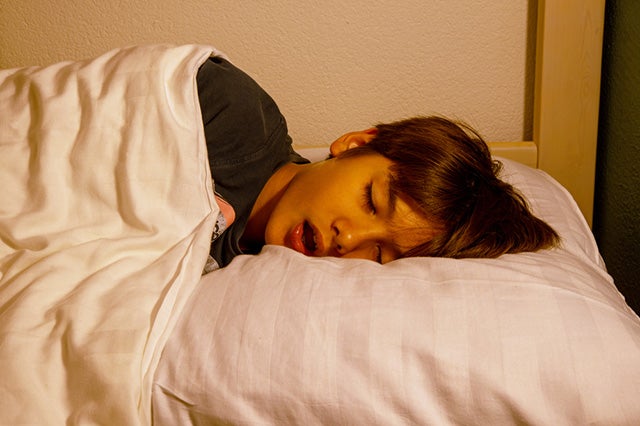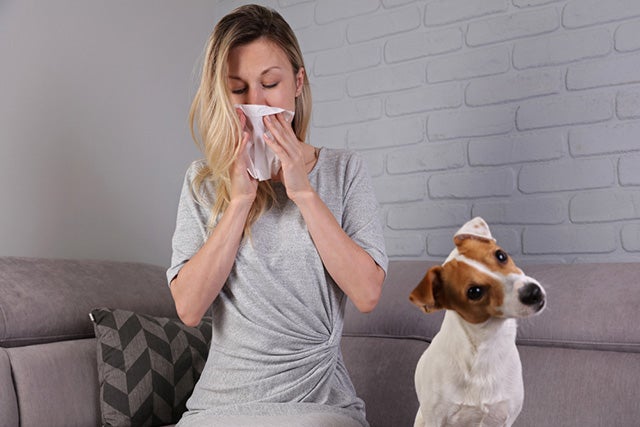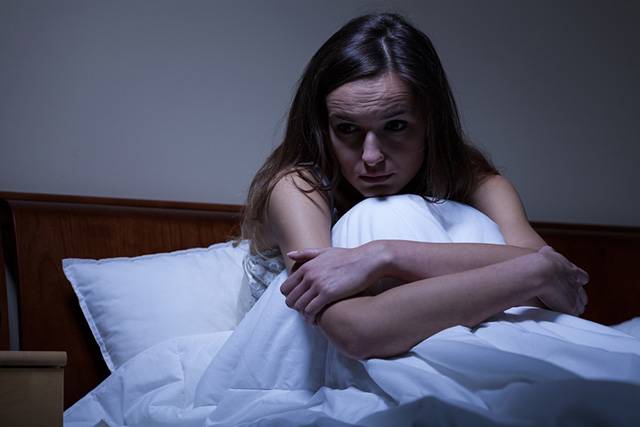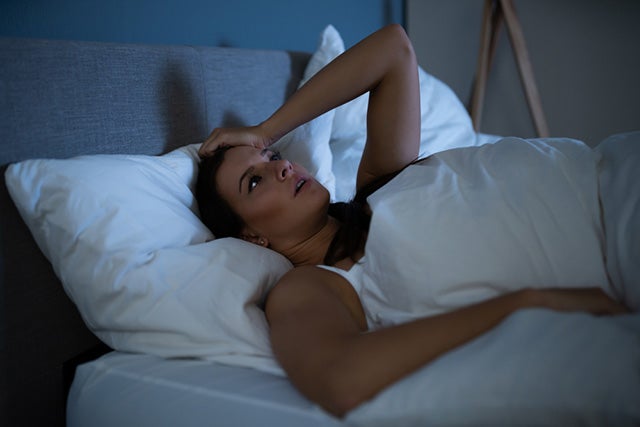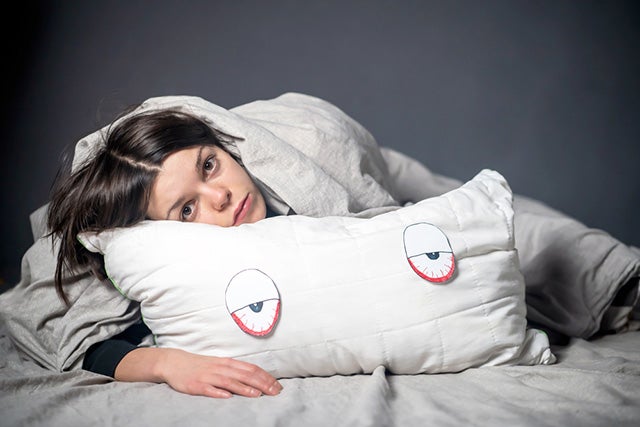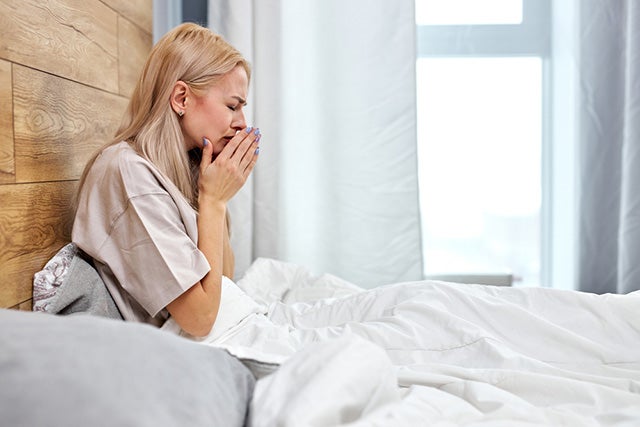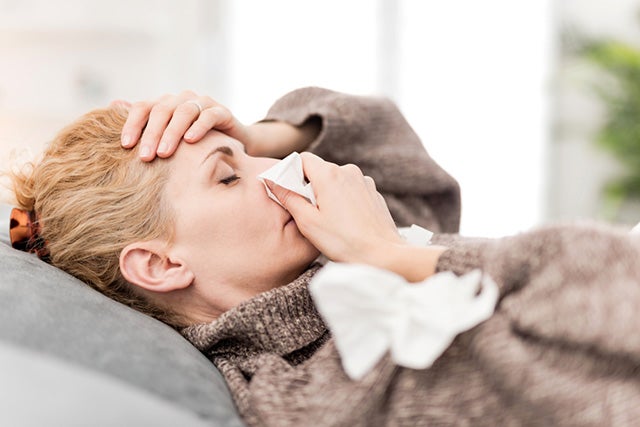It may not seem apparent, but allergies have a strong impact on the quality of your sleep. When your nasal passages are clogged or irritated it becomes difficult to sleep well. And for the most part, many people experience their allergies aggravating at night. But do allergies cause insomnia? Let’s find out.
What are Allergies?
Allergies are your body’s reaction to natural and typically harmless materials and elements. These can be things such as animal fur, pollen, dust and dirt, mold, foods, insect bites and stings, or certain materials such as latex. The symptoms of allergies can range from mild to life-threatening, depending on the type of allergy you’re facing. Below is a list of some symptoms that allergies can trigger:
- Runny nose
- Itchiness
- Watery or red eyes
- Sneezing
- Rashes
- Shortness of breath
- Nausea
- Swelling and inflammation
Of course, the type of allergy you have will affect the symptoms you experience, with allergies such as pollen tending to be on the milder side and food allergies on the more severe.
What is Insomnia?
Insomnia is a sleep disorder which conflicts with your sleep, making it harder for you to get proper rest. This could be because you wake up continuously, you’re constantly waking up earlier than you need to, you can’t go to sleep in the first place, or you can’t go back to sleep after you’ve woken up too early.
People suffering from insomnia feel very tired even after they have slept. There are three types of insomnia one could potentially be going through: acute, transient, and chronic.
Transient insomnia
This lasts for less than a week. Most people don’t even take it into account properly when it happens. Short-term depression, stress, anxiety, or changes in your sleep environment can cause you to sleep poorly for a handful of nights.
Acute insomnia
It is temporary and can also be referred to as situational insomnia. Due to any present situation that you may be undergoing, such as finding a job, studying for a test, or moving, you may not be sleeping as well as you normally do. It could last for a month or two based on how long your additional stress piles up.
Chronic insomnia
This is where red flags should be shooting into the air and help found immediately. Chronic insomnia lasts much longer than one month and is typically associated with another medical or psychiatric condition. It ruins your quality of sleep and life on a daily basis and is hard to recover from.
Common Allergens That Affect Sleep
There are many allergens around your sleep environment which can get in the way of a proper night’s worth of sleep. Below is a list of some of the more common-found triggers of nightly allergies:
- Dust mites, one of the most common allergens you’ll find in your home. This trigger tends to affect children the most and can happen at any time during the year.
- Pollen is a seasonal discomfort many people face both during the day and at night. If you’re coming back from outside, your shoes, clothes, skin, and open drafts are most probably welcoming pollen into your humble abode.
- Mold is yet another common culprit which tends to attack stronger at night. They can also be seasonal displeasures as their production varies with temperature and environment.
- Snuggle-time with your pets may need to be over because there is a highly likely chance that pet dander is the reason you’re not sleeping properly at night. Dander from their skin and saliva can trigger allergic reactions, and so long as you have pets, you’ll be at risk of triggering your allergies.
- Scented products and cigarette smoke are two things that can get stuck in your lungs and nose at night, triggering some unpleasant symptoms that wake you up. The best method to avoid this is by only smoking outdoors where the smoke won’t get to you and using unscented beauty and hygiene products before bed.
- There is also a chance that your bedding material is the culprit behind your allergies. Down feathers and natural fibers can sometimes trigger allergies, which could mean it’s time to invest in some new bedding.
Can Allergies Cause Insomnia?
So, the question which we were here to answer arrives; can allergies cause insomnia? The short answer is yes.
Allergies interrupt our daily lives by triggering a series of disruptive symptoms that stop you from being healthy and productive. So, naturally, if allergies stunt your days, they can also entirely stunt your sleep quality at night.
The longer you let your symptoms go unattended, the worse your sleep will become until you have either acute or chronic insomnia. Transient insomnia is also possible if you have a cigarette smoke once in a while or let a pet sneak their way into your room.
The simplest solution for insomnia caused by allergies is to keep your allergies at bay and invest in hypoallergenic or anti-allergen bedding. This bedding does not trigger your allergies and it can also protect your bed surface from collecting allergens such as dust, dirt, pet dander, pollen, and more.
You might be interested in: Every Little Thing You Need To Know About Insomnia
Final Words
For something that is so important and essential to your health, sleep tends to be quite sensitive. A lot of things such as comfort, temperature, lighting, noise, and now allergies can impact the way you sleep and how well you do. The hustle never stops on the hunt for better quality sleep but believe us when we say it’s very much worth it. Once you finally catch those blissful nights of complete rest, you’ll be a new, happier person than ever before.
So, educate yourself on what can affect your sleep such as nightly allergies and figure out what you can do to prevent it from happening. If you know other people who suffer from insomnia due to allergies, then share this article. Also, leave a comment below if you have your own ways of dealing with it and would like to share with us and fellow readers.
Photo credit: SrideeStudio/Shutterstock; Albina Gavrilovic/Shutterstock;
UfaBizPhoto/Shutterstock; tommaso79/Shutterstock;
Andrey_Popov/Shutterstock; africa_pink/Shutterstock;
True Touch Lifestyle/Shutterstock
